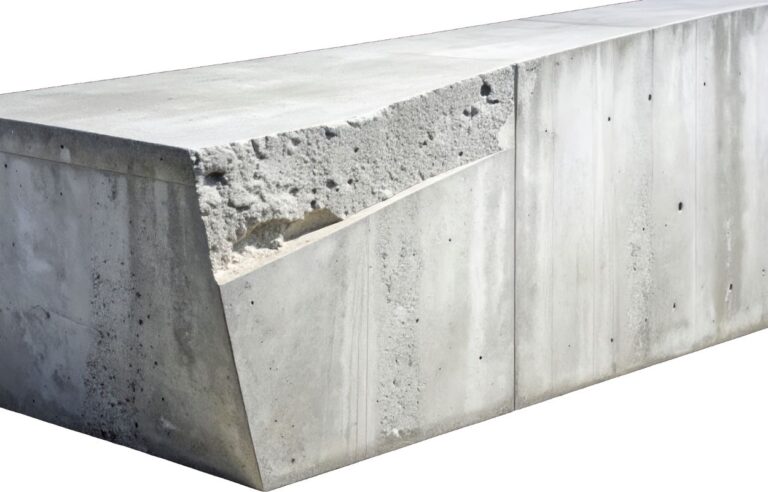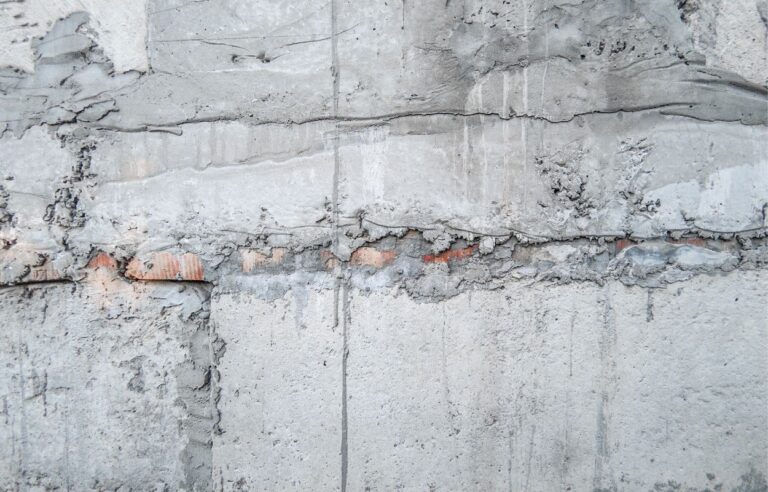
Proper waste management, especially during demolition projects, is crucial for the environment and human health. Demolition recycling plays a significant role in reducing the environmental impact of construction activities. However, improper recycling during demolition can lead to various risks and adverse consequences. In this blog post, we will explore the potential dangers of inadequate recycling practices and emphasize the importance of hiring a professional for such tasks.
ENVIRONMENTAL HAZARDS
Improper demolition recycling can lead to severe environmental hazards. When materials like concrete, metal, and hazardous substances end up in landfills, they can contaminate soil and groundwater, posing a threat to plants, animals, and human beings. By hiring professionals who are well-versed in recycling practices, we can ensure that construction debris is adequately sorted and disposed of in an eco-friendly manner.
HEALTH AND SAFETY CONCERNS
During the demolition process, various materials, such as asbestos, lead-based paint, and toxic chemicals, can be released into the air if not handled properly. Inhalation of these harmful substances can cause respiratory issues and other health problems for nearby residents and construction workers. Trained professionals follow strict safety protocols to protect everyone involved and mitigate health risks associated with demolition recycling.
LEGAL AND REGULATORY PENALTIES
Improper recycling during demolition can lead to legal consequences. Many jurisdictions have strict regulations regarding waste disposal and recycling. Failing to adhere to these guidelines can result in hefty fines and legal penalties for the property owners or contractors. By hiring professionals experienced in demolition recycling, you can ensure compliance with all relevant laws and regulations.
DAMAGE TO INFRASTRUCTURE
Unprofessional recycling practices can cause unintentional damage to nearby infrastructure, such as roads, pipelines, and neighboring buildings. Mishandling heavy materials or using inappropriate recycling methods can lead to accidents and costly repairs. Hiring experts who have the right equipment and expertise ensures that recycling is done efficiently and without causing harm to the surroundings.
NEGATIVE IMPACT ON REPUTATION
Improper recycling during demolition can tarnish the reputation of property owners and construction companies. In today’s environmentally conscious society, stakeholders expect businesses to adopt sustainable practices. If a demolition project is associated with careless recycling and environmental damage, it can lead to a loss of trust and credibility. By employing professional recycling services, businesses can showcase their commitment to responsible waste management and environmental preservation.
MISSED OPPORTUNITIES FOR RESOURCE RECOVERY
Inadequate recycling means missed opportunities for resource recovery. Many materials from demolished structures, such as steel, wood, and concrete, can be salvaged and reused in other construction projects. Improper handling and disposal result in valuable resources being lost forever. Professionals trained in demolition recycling can identify salvageable materials and ensure they are recycled or repurposed, contributing to a more sustainable construction industry.
Demolition recycling is a vital aspect of responsible construction waste management. Improper recycling practices during demolition pose significant risks to the environment, human health, and a company’s reputation. Hiring professionals for demolition recycling ensures adherence to proper waste disposal guidelines, minimizes environmental hazards, and maximizes resource recovery. As we move towards a more sustainable future, it is crucial for all stakeholders involved in demolition projects to prioritize responsible recycling and contribute to a greener, cleaner planet.





